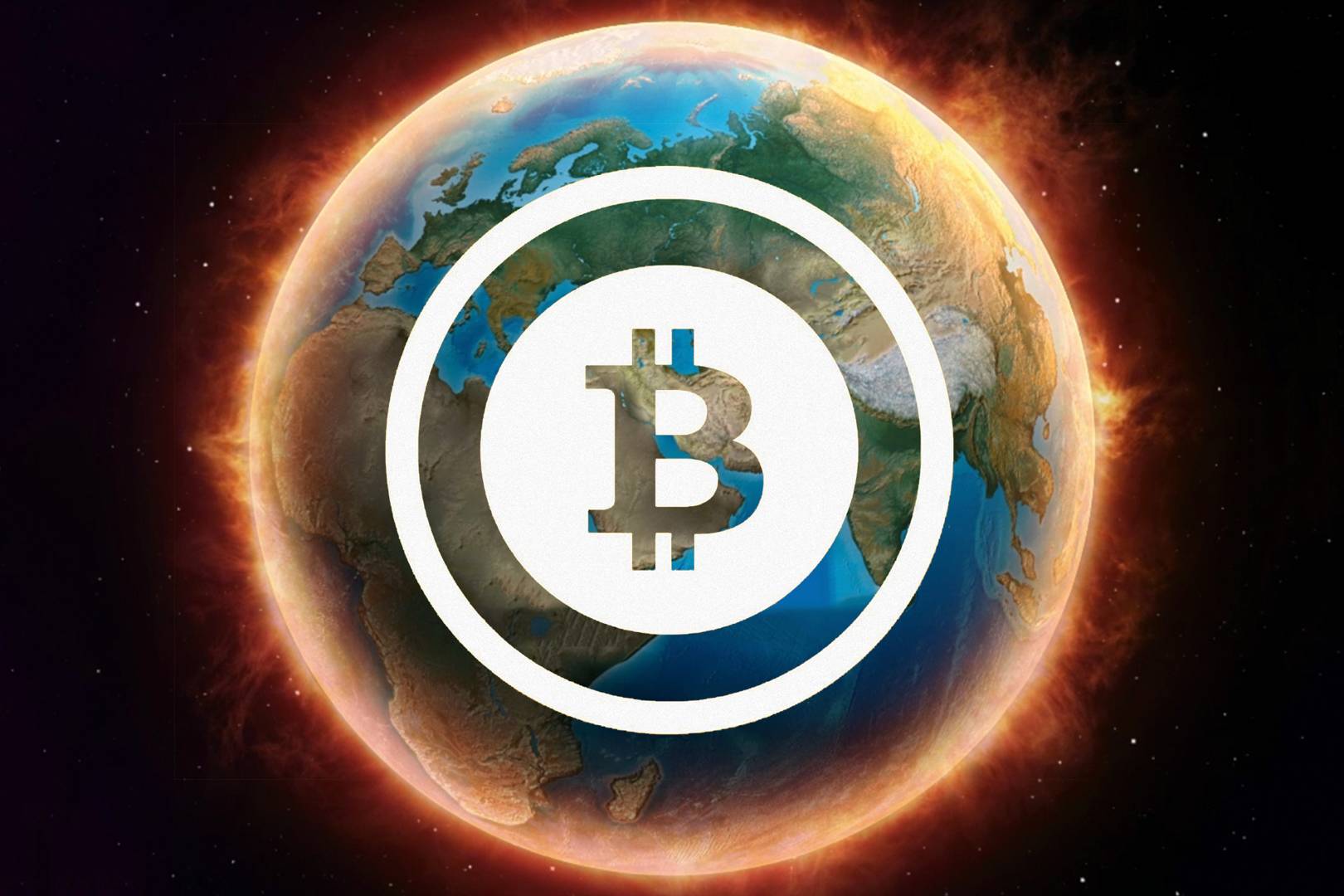Why Rising Energy Prices Could Supercharge Bitcoin, According to Expert
18.06.2025 16:00 1 min. read Alexander Stefanov
Macro strategist Luke Gromen believes that surging energy costs could set the stage for a dramatic rise in Bitcoin and gold, as inflationary pressure shakes confidence in traditional financial markets.
In a recent post, Gromen argued that a spike in oil prices often leads to inflation, pushing central banks into a corner. As the cost of energy rises in fiat terms, so too does the value of hard assets like gold — and, increasingly, Bitcoin. The key trigger, he suggests, is what happens to the bond market in such scenarios.
If energy prices climb high enough to drive inflation aggressively, Gromen says bond yields will become unsustainable without intervention. That’s when central banks typically resort to printing money to keep yields from spiraling — a move that weakens the currency and makes non-sovereign assets more appealing.
Bitcoin, in his view, stands to benefit significantly. Not only is it more scarce than gold by stock-to-flow standards, but its foundations are tied directly to the energy sector: mining BTC requires enormous electricity input, giving it a unique link to physical energy.
In a future where governments are forced to print more money to keep the system afloat, Gromen sees assets without counterparty risk — like gold and Bitcoin — as the likely winners.
-
1
Trump Media to Invest $2.5 Billion in Bitcoin
27.05.2025 17:03 1 min. read -
2
Bitcoin’s Long-Term Survival Questioned by Ethereum Researcher
30.05.2025 13:00 1 min. read -
3
Bitcoin’s Rally Shows Signs of Fatigue, Analysts Eye $100K Pullback
27.05.2025 17:00 1 min. read -
4
Bitcoin Defies Trade War Jitters, Enters June with Bullish Setup
01.06.2025 8:00 2 min. read -
5
Strategy Adds $75M in Bitcoin to Its Treasury
02.06.2025 15:25 1 min. read
Bitcoin at Crossroads as Geopolitical Tensions Weigh on Price
Bitcoin’s recent surge to $109,000 has been overshadowed by renewed conflict in the Middle East, with heightened tensions between Israel and Iran putting pressure on the market.
Blockchain Group Taps Markets for €7.2 Million to Fuel Fresh Bitcoin Buys
Paris-listed Blockchain Group has turned once again to equity markets to bulk up its crypto war chest, unveiling a €7.2 million share placement aimed squarely at purchasing additional Bitcoin.
Here is What to Expect From Bitcoin by End of 2025
Bitcoin appears to be regaining its footing after a turbulent week, with trading sentiment suggesting the world’s largest cryptocurrency could hit unprecedented levels by the close of 2025.
Bitcoin Power Struggle: Strategy and BlackRock Now Control Over 1.3 Million BTC
A fierce contest is unfolding between two financial heavyweights—Strategy (formerly MicroStrategy) and BlackRock—as they battle for dominance over institutional Bitcoin holdings.
-
1
Trump Media to Invest $2.5 Billion in Bitcoin
27.05.2025 17:03 1 min. read -
2
Bitcoin’s Long-Term Survival Questioned by Ethereum Researcher
30.05.2025 13:00 1 min. read -
3
Bitcoin’s Rally Shows Signs of Fatigue, Analysts Eye $100K Pullback
27.05.2025 17:00 1 min. read -
4
Bitcoin Defies Trade War Jitters, Enters June with Bullish Setup
01.06.2025 8:00 2 min. read -
5
Strategy Adds $75M in Bitcoin to Its Treasury
02.06.2025 15:25 1 min. read

